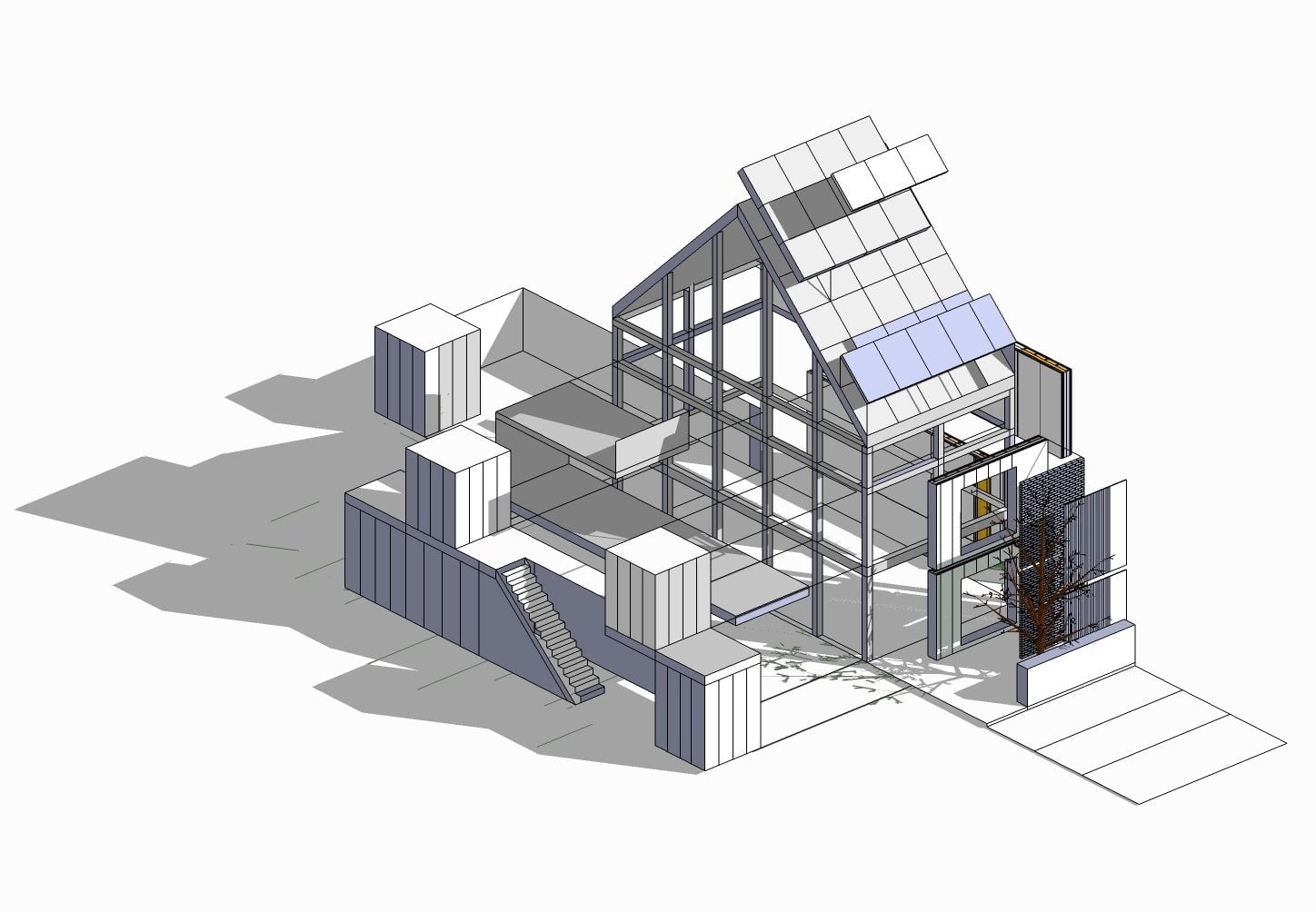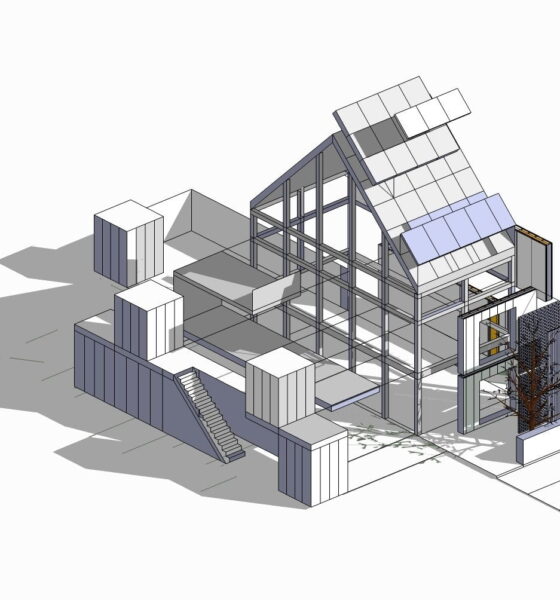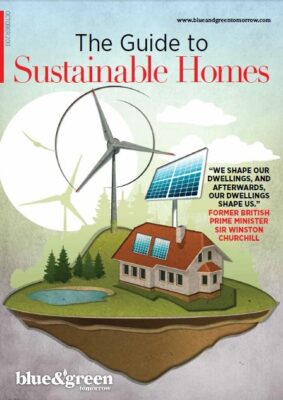

Economy
Mythbusting on sustainable homes
Isabel Allen and Simon McWhirter, directors at Hab Housing, explore some of the myths that surround custom-build and explain why it has a key role to play in tackling the UK’s housing crisis.
This article originally appeared in Blue & Green Tomorrow’s Guide to Sustainable Homes 2013.
Myth one: custom-build is expensive
It doesn’t have to be. We are very mindful that the British public has been bombarded with tales of grands projets – expensive dreams that cost the Earth. But it doesn’t have to be this way.
On the continent, custom-build is seen not as a self-indulgent hobby, but as a means of bringing the cost of home ownership down. Yes, a one-off folly surrounded by extensive grounds is always going to be expensive. But we’re not talking about that. We’re talking about ordinary, modest, housing – often in terraces.
But rather than showing the customer a finished house and saying, “Lump it or leave it”, we want to establish what it is they really want to buy. In some instances they may want to buy a bare shell with a view to ‘camping out’ until they have raised more money to build in, say, an upper floor. In others, they may have the skills – or the contacts – to carry out much of the work themselves.
Myth two: custom-build houses are wacky and eccentric
Great! We’re all for eccentricity. That said, our primary aim is to offer our customers the chance to own their own home for as low a price as possible.
In practice, this means rational, economic houses; whilst we have spent a lot of time working on the best possible designs, the starting points for them are – for the main part – essentially very simple rectangular forms.
Bearing that in mind though, we’d be disappointed if customers didn’t make their mark on their homes. One of the things that makes volume house-building projects so stultifying is the sense of sameness – the fact that they lack the variety of settlements that have grown organically over time.
Myth three: it’s risky
Building projects are notoriously risky, especially those with an amateur at the helm. They ride roughshod over programme and budget, causing an awful lot of grief to all concerned. Our mission is to make the whole process less risky and to iron out the kinks.
We’ve designed, tested and – crucially – costed a range of potential house types and so can give an accurate idea as to what any given project is likely to cost. Oh, and all of our plots are set within a carefully thought through masterplan with really high-quality public realm, doing away with the very real risk that you end up with a house that you love in surroundings you hate.
Myth four: custom-build projects take forever to get off the ground
They can, and they do. But ours won’t. Why? Because we take care of the stuff that makes projects get stuck at the starting gate.
We’ll get outline planning consent for our schemes before we market individual plots so that buyers can rest secure in the knowledge that they’re investing in a realisable dream. And we’ll make sure that all our sites have the services (like water, electricity, etc) they need.
Myth five: you can’t get a mortgage to build your own house
Availability of finance is a real problem for British self-builders and custom-builders. But things are changing fast, and our strategy of de-risking custom build will make the process infinitely more attractive to lenders.
Our plan is to work with mortgage companies to smooth the process of accessing suitable finance for your project and will assist our customers with the range of options available.
Isabel Allen and Simon McWhirter are directors at Hab Housing, which was established by Kevin McCloud (Channel 4’s Grand Designs) to tackle the shortage of environmentally-friendly and beautifully-designed housing at the affordable end of the market. Hab, which stands for Happiness Architecture Beauty, recently broke the record for equity crowdfunding, after raising £1.9m on the online platform Crowdcube.
Further reading:
Creating a low-carbon home of your own
Sustainable design should change our behaviour for good
Sustainable mortgages: designed as if people and the planet matter































